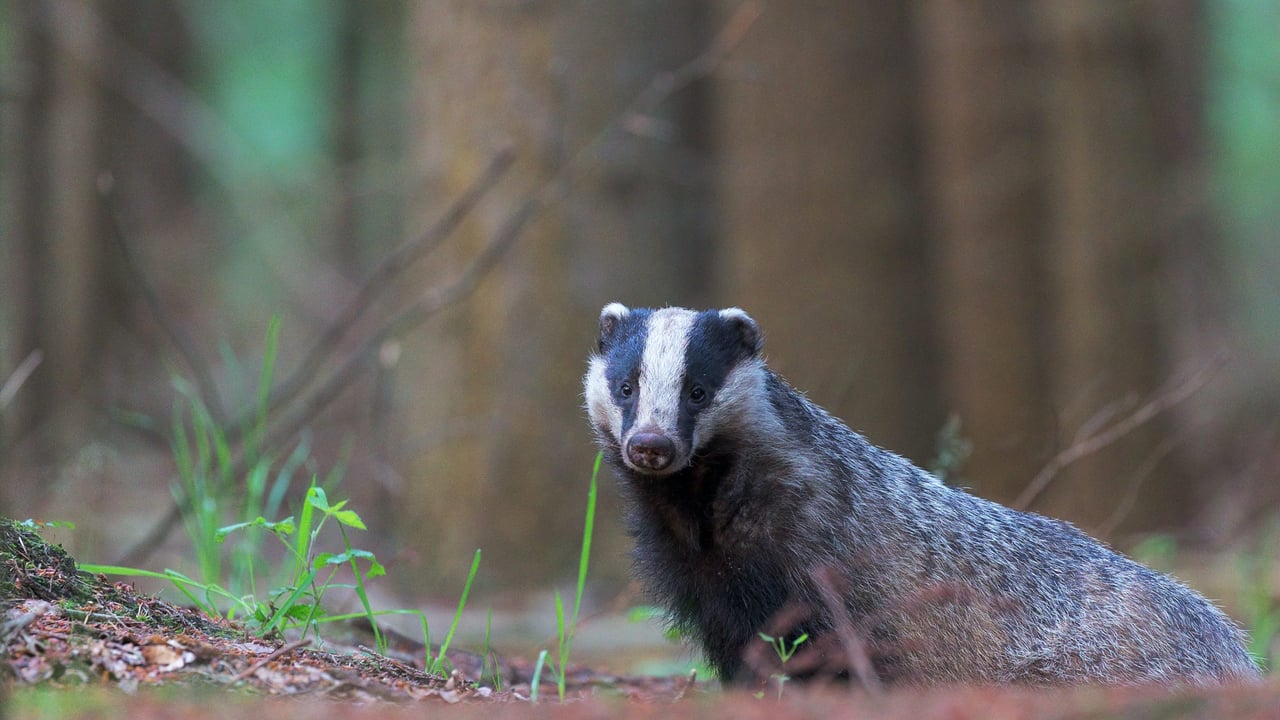TB: Biosecurity 'most effective' to protect from badgers as support proposed
The development of a support package is proposed for farmers to help them in "taking a proactive farm-based response" towards the bovine TB risk posed by badgers.
Speaking at the launch of the new TB action plan at an event at the Department of Agriculture, Food and the Marine (DAFM) campus in Backweston, Co. Kildare, chief veterinary officer June Fanning stressed that on-farm biosecurity is the "single most effective measure to protect cattle from infection from badgers".
The new plan outlines how the department will implement a wildlife response model for areas of high TB incidence.
This will vary to the individual circumstances, including increased culling in 'cull areas' and the removal of badgers under permit in 'vaccine areas'.
The department said it will only use a test, vaccinate or remove approach in vaccine areas to ensure only healthy badgers are vaccinated.
Badgers will only be vaccinated against bovine TB if they have tested negative for the disease, and badgers that test positive will be culled.
A minimum of two sweeps per annum will be carried out in vaccine and cull areas, the department said.
Layering measures
The new TB action plan announced this week contains five main measures under which there are various different actions.
"The measures have to be layered together," June Fanning said.
"We have to address cattle-to-cattle risk, the risk of residual infection, and also the risk of wildlife.
"We can't just target one of these factors if we hope to eradicate."
She said the new plan commits to supporting improvement in on-farm badger biosecurity.
According to the department, disease modelling shows that on-farm badger biosecurity can reduce the risk from TB transmission from badgers to cattle and vice versa by between one-third and a half.
"A support package will be developed to support farmers in taking a proactive farm-based response towards the risk posed by badgers to the spread of bTB to facilitate the fencing off of badger setts and installation of suitable water and feeding troughs," the department has said.
"This will empower farmers to take a greater role in reducing the spread of bTB from badger to cattle and from cattle to badger through simple on-farm actions to minimise contact between cattle and areas used by badgers for feeding, defecating, bathing and for setts."
Minister for Agriculture, Food and the Marine, Martin Heydon told Agriland that part of his budget ask "is to get money for farmers to be able to support them" to put in place effective biosecurity measures.
Increased TB testing
Between September 8, 2024, and September 7, 2025, there were 40,836 reactors, DAFM figures show.
This is up from 36,748 in a similar time period between September 2023 and September 2024.
From September 8, 2024 to September 7, 2025, there were 6,125 herds restricted.
In 2024, the herd incidence rate was 6.04%, compared to 4.94% in 2023 and 4.31% in 2022.
As of September 7, 2025, the incidence rate is 6.13%, compared to 5.56% on September 8, 2024.
Increased targeted testing is a key focus of the new approach to controlling TB going forward, according to Minister Heydon, who warned that too many reactors are going undetected.
He said that over the next year or two as a result of this testing, there will be an increase in reactors expected, after which the rates should stabilise.
Farmer confidence
The minister said that the development of the new plan has "been a lengthy and detailed process, involving extensive engagement with stakeholders".
He said farmers can have confidence that "the approach we are proposing is going to make a very significant difference".
"In recent years we have seen a really significant and unfortunate increase in bovine TB levels," he added.
"Over 6,000 farm families were affected by a TB outbreak in 2024.
"TB is a difficult disease to control and eradicate. It can be, and has been done in other countries.
"If we don't do something now, it will continue to affect more farmers and their families throughout rural Ireland."





